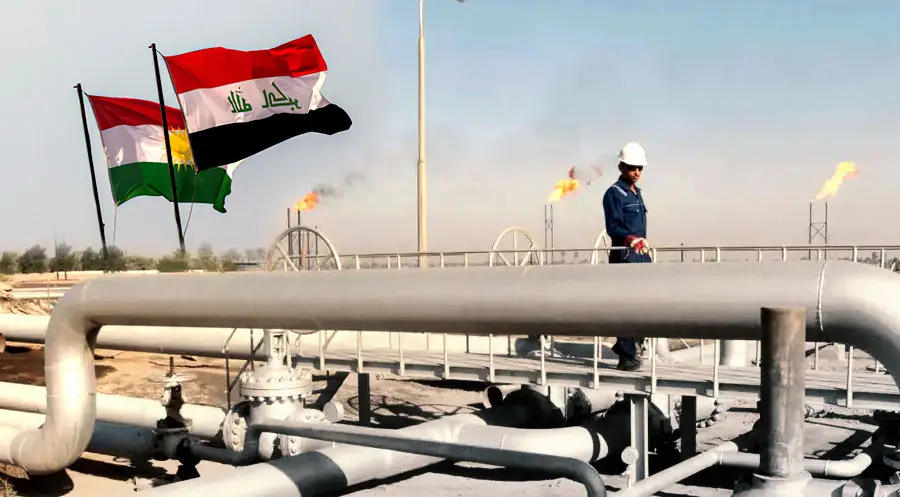Iraq continues its mission to empower Iraqi youth through strategic partnerships in the energy sector. Prime Minister Mohammed Shia Al-Sudani recently met with a delegation from the U.S.-based oil services firm Morgan Hughes. The group was led by Vice President Gregory Bloom and included Steven Fagin, the U.S. Embassy’s Chargé d’Affaires in Baghdad.
During their meeting, discussions focused on investment and cooperation in developing Iraq’s oil fields. A major point of interest was the capture and use of associated gas, a valuable byproduct of oil production. The Prime Minister restated Iraq’s firm plan to fully use all associated gas by the year 2028.
Moreover, Al-Sudani highlighted the importance of energy contracts that create local jobs. He made it clear that the government wants these contracts—especially secondary ones—to support Iraqi private sector companies. This move aims to empower Iraqi youth by giving them more opportunities in the job market.
In addition, the Prime Minister underlined the need to train Iraqi engineers and technicians. He stressed the importance of giving them access to modern technologies used in oil and gas projects. Training and technology transfer are seen as key steps to equip young Iraqis with essential skills.
Therefore Gregory Bloom confirmed Morgan Hughes’ strong interest in Iraq’s energy plans. He said his company wants to support field development and invest in gas projects. Bloom also expressed a desire to help Iraq grow its economy through advanced energy solutions.
This meeting signals a deepening relationship between Iraq and international firms. It shows how energy projects can do more than boost production—they can create skilled jobs and drive growth. The government’s focus on involving Iraqi workers and businesses in these deals marks a smart and sustainable approach.
By working with global energy experts, Iraq plans to build a stronger and more independent energy sector. These partnerships will not only increase production but also offer long-term benefits for local communities.
In conclution, efforts like these clearly aim to empower Iraqi youth, helping them gain skills, find jobs, and take part in Iraq’s future. With each new energy deal, the government pushes closer to that goal.


